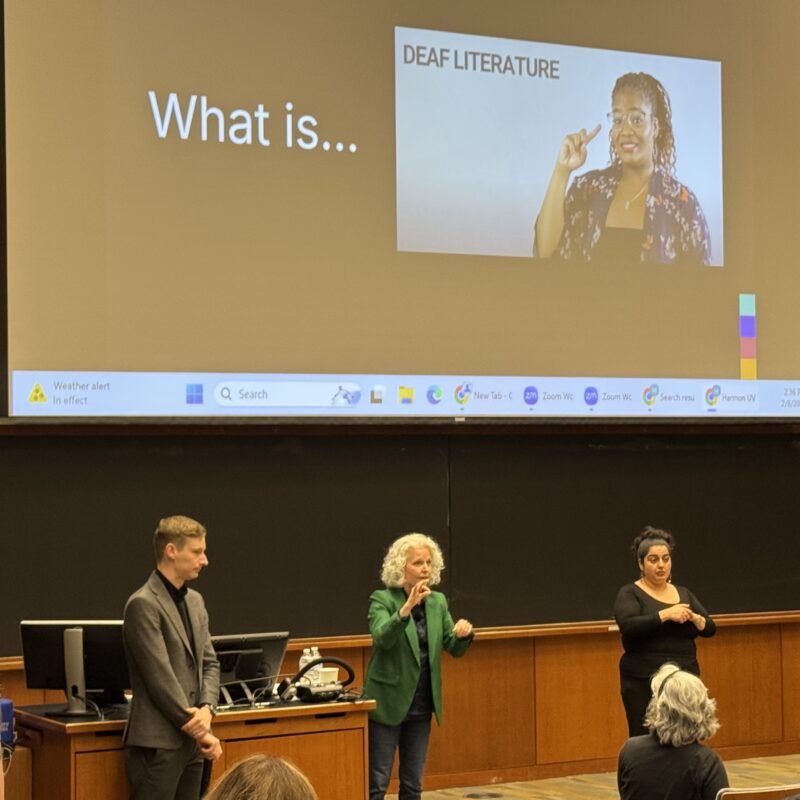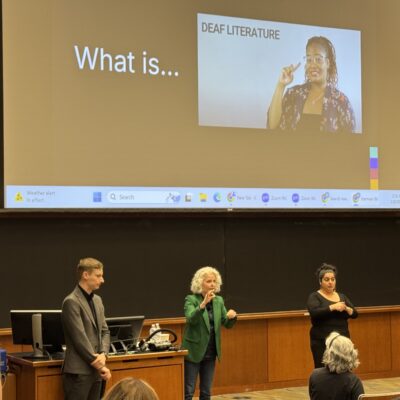Charles Wright
book
A Zen monk senses death approaching, slowly stalking up the mountainside towards his temple. Languid and contemplative, the monk picks up a pen, unrolls a parchment and, like generations of monks before him, writes a jisei, a death poem. The jisei’s writer doesn’t dwell on death explicitly; he contemplates endings, the course of life, the emptiness of existence. The monk may die that night; he may live for months or years. He writes not because he knows when he will die, but because he knows death is coming for him. He wants to be prepared, mentally and spiritually, when it raps on his chamber door.
 Charles Wright, recent recipient of Canada’s Griffin Prize, makes giant leaps with Littlefoot, a new, book-length poem. |
Charles Wright’s new book-length poem, Littlefoot, is his jisei. Wright, to my knowledge, isn’t dying. Rather, like the monk in his mountaintop monastery, he is aware of death’s approach. Aging, he feels death climbing steadily over his beloved Blue Ridge and slouching towards his Locust Avenue home. At 87 pages, Littlefoot is about 86 pages longer than a traditional jisei. But the careful contemplation of life and incipient death is no less elegant or refined for its length. In the spirit of Jack Kerouac’s American haikus, Littlefoot might be called an American death poem.
Indeed Wright’s dharmic influences are tempered by his attachment to the poetic sensibilities of Americana, conjuring not just Virginia and his native Tennessee, but the shades of great writers of the American heartland. Like misguided Buddhists, “we tend to congregate/ in the exitless blue/And try to relive our absences,” but while “it may not be written in any book…it is written—/ You can’t go back,/ you can’t repeat the unrepeatable.” You can’t go home again, as Thomas Wolfe put it.
This impossible longing to “go back” undergirds Littlefoot. A kind of associative narrative, the poem traces each month of the poet’s seventieth year. (References to April, and tired invocations of T.S. Eliot’s “cruelest month,” are thankfully avoided.) Thirty-five sections, which can be divided almost evenly into long and short sections, dreamily tap “unrepeatable” moments past and present, like metaphysical Morse code with a southern drawl. Ultimately, the unfulfilled longing fulfills the death poem’s purpose—”I find it much simpler now,” Wright assures us, “to see/ the other side of my own death,” to acknowledge the inevitable future.
Traditionally, it was common for writers of jisei to revise their poems over time. Wright’s finest work since 1997’s Pulitzer Prize-winning Black Zodiac, Littlefoot leaves me hoping that there’s more to be added to this American death poem. Hardly the end of something, it suggests a beginning, the first words of a new and fruitful phase of Wright’s poetic career.





